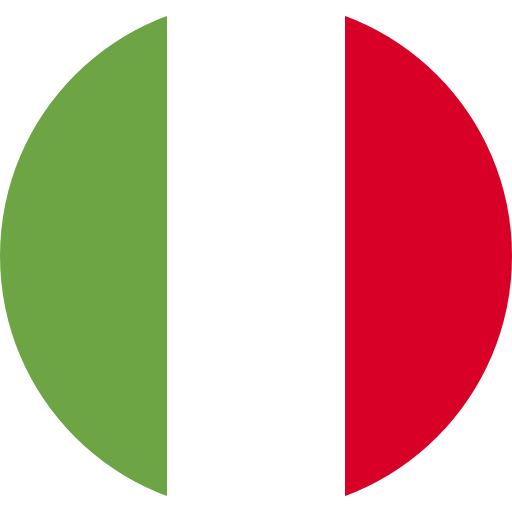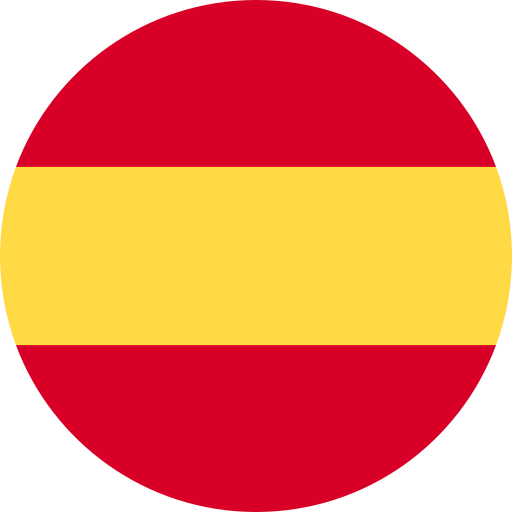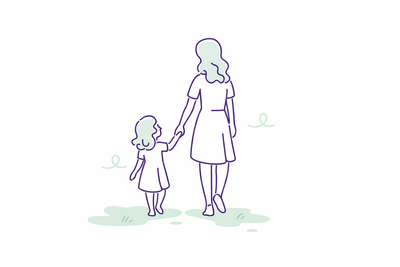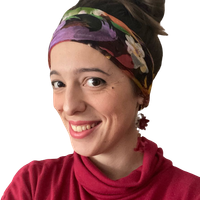
After my interview at the Congreso Online Montessori 2018, I received so many emails from parents from all over the world asking for advice, telling me their experiences, their language situations at home, and especially, their concerns.
I also worry about languages when it comes to my kids.
I speak three languages fluently, but I’m not multilingual. Multilingualism is not only speaking more than one language, it’s a superpower that wires your brain differently when you learn more than one language in the first years of your life, that gives you great ability for taking decisions, allows you concentrate for longer stretches of time, memorise more easily and adapt quickly to changes when carrying on tasks. This is what I want for my kids.
In the many years I taught English to young Spanish kids, I’ve seen the magic over and over again: one day they’d simply start speaking English. Even so, I can’t help doubting it all when it comes to my own children. Is Alex speaking too little Finnish? Will they be ab le to communicate with their Italian nonni? Are the kids exposed to too little English? How do I introduce more Spanish? Could we actually also learn French together?
I ask myself these questions ALL the time, which is why I fully understand parents’ concerns. So today I want to share wit you a funny anecdote that I’m sure will give you a smile (and maybe some reassurance).
In November 2017 Oliver was 2.5 years old and Emily almost one. Up until then, I spoke only Italian with and to the kids, Alex only Finnish, and even though Alex and I spoke English together, when addressing the kids we’d switch to our native languages. This method is called OPOL (One Person One Language) and for me it is the most efficient way (which you might know if you read my article about the importance of the first three years).
At some point, though, I started worrying about Oliver not getting enough English (I’m obsessed with English!): he was saying many words in all the languages, but he clearly preferred Italian, Finnish and even Spanish (from his favourite teacher at nursery).
So I made an executive decision: when we are all together as a family we speak English. I also asked the teachers in school to work more in English with him, and we spoke mostly English during our Christmas holidays in Sweden. I’m a firm believer in compromises and I think that each family has to find their own way of being multilingual.
In less than a month, something unexpected happened: Oliver switched to English exclusively. He understands everything we say in Italian and Finnish, but he ALWAYS replies in English. This is a typical (every day ;-) conversation:
“Mami, can I take some fruit?”“Vuoi prendere della frutta?”“Yes, mami, I want some fruit”“Perché vuoi prendere della frutta?”“Because I want to”“OK, puoi prendere la frutta che vuoi. Ne porti un po’ anche a me?”“Ok, mami. I’ll take one for you too”
This is a simple conversation, but I’m often blown away by the complexity of his speech and the variety of his vocabulary. And guess what? I’m now worrying about Italian! 😬 Which is why I’m now making an extra effort towards my native language: I’m reading image books in Italian, I’m looking for opportunities to engage conversation with Italians, and I’m often repeating his questions and sentences after him (like in the example above), which is a simple way to stimulate active learning, and to engage the brain in understanding the other language so the child will eventually use it to communicate.
But truth is, I don’t need to worry. Because if this experience has taught me (or reminded me of) anything at all, it’s this: if we parents make a conscious effort to expose our children actively and consistently to a language (especially when they’re between 0 and 3 years old), they will not only learn another language, they will gain a new mother tongue. And we’ll have given them the superpower of multilingualism (if you’re interested in the subject, here’s an infographic I prepared for the congress)
After all, kids really are geniuses at learning languages, so let’s just rub the lamp and let the magic happen.
Do you relate to this story? How many languages do you speak at home? What’s your experience with multilingualism?
































